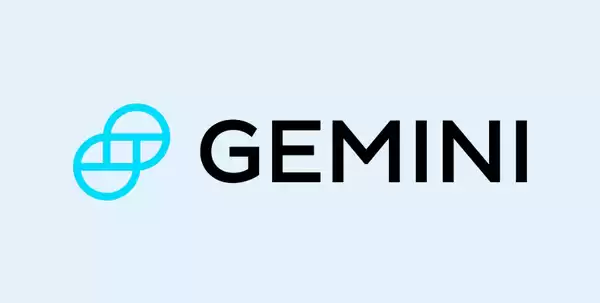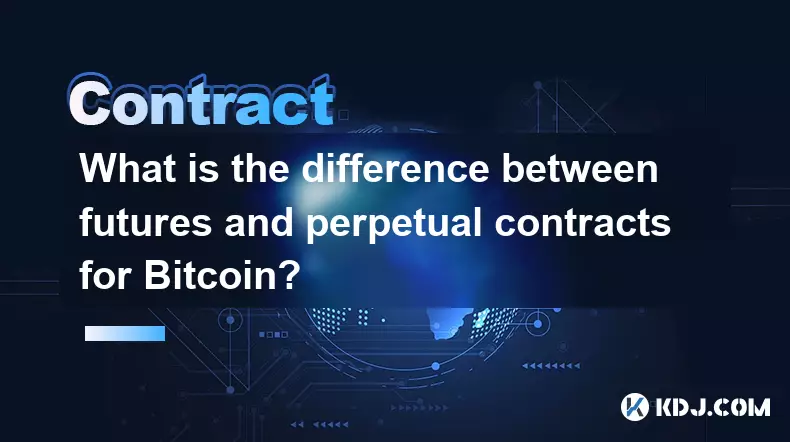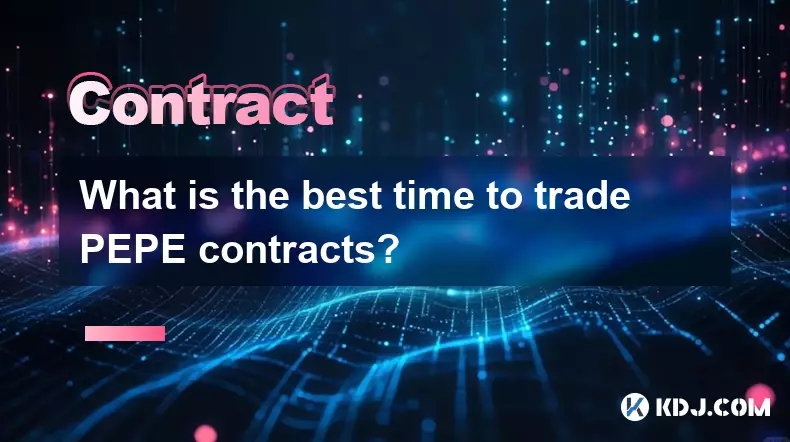-
 bitcoin
bitcoin $124586.364639 USD
0.62% -
 ethereum
ethereum $4670.671710 USD
3.33% -
 xrp
xrp $2.983701 USD
0.18% -
 tether
tether $1.000175 USD
-0.03% -
 bnb
bnb $1209.430642 USD
2.76% -
 solana
solana $231.365861 USD
0.51% -
 usd-coin
usd-coin $0.999665 USD
-0.02% -
 dogecoin
dogecoin $0.264657 USD
4.46% -
 tron
tron $0.346415 USD
1.60% -
 cardano
cardano $0.871586 USD
3.70% -
 chainlink
chainlink $23.451270 USD
7.56% -
 hyperliquid
hyperliquid $46.860071 USD
-2.96% -
 ethena-usde
ethena-usde $1.000120 USD
0.04% -
 sui
sui $3.611279 USD
1.08% -
 stellar
stellar $0.407149 USD
0.96%
Ge How to trade Gemini contracts
Gemini Contracts offer traders exposure to Bitcoin or Ethereum without physical settlement, providing flexibility, leverage, and risk management options on the Gemini Exchange.
Nov 08, 2024 at 08:41 am

- Introduction to Gemini Contracts: Gemini Contracts are perpetual futures contracts offered on the Gemini Exchange. These contracts allow traders to gain exposure to the underlying asset, such as Bitcoin or Ethereum, without the need for physical settlement.
- Key Features:
- Perpetual: Contracts have no fixed maturity date and can be held indefinitely.
- Collateralized: Positions are backed by collateral, typically in the form of USD or cryptocurrencies.
- Leveraged: Contracts offer leverage, allowing traders to amplify their potential gains or losses.
- Benefits:
- Flexible trading: Perpetual contracts provide flexibility with no expiration dates.
- Risk management: Leverage allows traders to manage risk by adjusting their position size.
- Hedging: Contracts can be used for hedging against price fluctuations in the underlying asset.
- Creating an Account: Visit the Gemini website and complete the account registration process. Provide personal and KYC information for verification purposes.
- Funding Your Account: Fund your Gemini account using supported payment methods such as bank transfers, wire transfers, or crypto deposits.
- Setting Up Two-Factor Authentication (2FA): Enable 2FA for added security by setting up a verification method such as Google Authenticator or SMS.
- Navigating the Trading Interface: Find the "Derivatives" tab on the Gemini platform. Select the contract you wish to trade (e.g., BTC Futures) and check the available order types and settings.
- Placing Orders: Use a variety of order types to execute trades, including market orders, limit orders, and stop orders. Set parameters like price, quantity, and leverage.
- Managing Positions: Monitor open positions, adjust leverage, add funds to margin, or close positions as needed. Use limit orders to secure profits or mitigate losses.
- Contract Size: Each contract represents a predetermined amount of the underlying asset, varying depending on the contract type.
- Funding Rate: A periodic payment made between long and short positions to ensure the contract price remains close to the spot market price.
- Margin Requirements: The minimum amount of collateral required to maintain a position. Failure to meet margin requirements can result in liquidation.
- Leverage Management: Control the level of leverage used to minimize potential losses. Consider the impact of fluctuations on margin requirements.
- Hedging: Use opposite positions in other contracts or spot markets to reduce risk exposure.
- Stop-Loss Orders: Place stop-loss orders to automatically close positions at a predetermined price to limit losses.
- Withdrawing Collateral: Once a position is closed, withdraw collateral to your external wallet or use it to open other trades.
- No Physical Settlement: Unlike traditional futures contracts, Gemini Contracts do not require physical settlement of the underlying asset. Positions are cash-settled instead.
- Tax Implications: Consider consulting with a tax professional to understand the tax implications of cryptocurrency trading, which may vary depending on jurisdiction.
Disclaimer:info@kdj.com
The information provided is not trading advice. kdj.com does not assume any responsibility for any investments made based on the information provided in this article. Cryptocurrencies are highly volatile and it is highly recommended that you invest with caution after thorough research!
If you believe that the content used on this website infringes your copyright, please contact us immediately (info@kdj.com) and we will delete it promptly.
- BlockDAG, DOGE, HYPE Sponsorship: Crypto Trends Shaping 2025
- 2025-10-01 00:25:13
- Deutsche Börse and Circle: A StableCoin Adoption Powerhouse in Europe
- 2025-10-01 00:25:13
- BlockDAG's Presale Buzz: Is It the Crypto to Watch in October 2025?
- 2025-10-01 00:30:13
- Bitcoin, Crypto, and IQ: When Genius Meets Digital Gold?
- 2025-10-01 00:30:13
- Stablecoins, American Innovation, and Wallet Tokens: The Next Frontier
- 2025-10-01 00:35:12
- NBU, Coins, and Crypto in Ukraine: A New Yorker's Take
- 2025-10-01 00:45:14
Related knowledge

What is the difference between futures and perpetual contracts for Bitcoin?
Oct 02,2025 at 11:54pm
Understanding Bitcoin Futures Contracts1. Bitcoin futures are derivative instruments that allow traders to speculate on the future price of Bitcoin at...

What is the best time to trade PEPE contracts?
Oct 03,2025 at 11:54am
Understanding PEPE Contract Volatility1. PEPE contracts exhibit extreme price fluctuations due to their meme-based nature and low market cap. Trading ...

What are the common mistakes to avoid with Bitcoincoin contracts?
Oct 03,2025 at 08:54am
Emerging Trends in the Cryptocurrency Market1. Decentralized finance (DeFi) platforms continue to expand their influence across the blockchain ecosyst...

What is the maintenance margin for Bitcoin contracts?
Oct 02,2025 at 01:36am
Decentralized Exchanges Gain Momentum in 20241. Decentralized exchanges (DEXs) have seen a significant rise in trading volume, surpassing centralized ...

How to use technical analysis for trading XRP contracts?
Oct 03,2025 at 01:18pm
Understanding Price Patterns in XRP Futures1. Identifying chart patterns such as triangles, head and shoulders, and double tops or bottoms can provide...

What does "longing" PEPE contracts mean?
Oct 03,2025 at 11:54pm
Understanding Decentralized Exchanges in the Crypto Ecosystem1. Decentralized exchanges (DEXs) operate without a central authority, allowing users to ...

What is the difference between futures and perpetual contracts for Bitcoin?
Oct 02,2025 at 11:54pm
Understanding Bitcoin Futures Contracts1. Bitcoin futures are derivative instruments that allow traders to speculate on the future price of Bitcoin at...

What is the best time to trade PEPE contracts?
Oct 03,2025 at 11:54am
Understanding PEPE Contract Volatility1. PEPE contracts exhibit extreme price fluctuations due to their meme-based nature and low market cap. Trading ...

What are the common mistakes to avoid with Bitcoincoin contracts?
Oct 03,2025 at 08:54am
Emerging Trends in the Cryptocurrency Market1. Decentralized finance (DeFi) platforms continue to expand their influence across the blockchain ecosyst...

What is the maintenance margin for Bitcoin contracts?
Oct 02,2025 at 01:36am
Decentralized Exchanges Gain Momentum in 20241. Decentralized exchanges (DEXs) have seen a significant rise in trading volume, surpassing centralized ...

How to use technical analysis for trading XRP contracts?
Oct 03,2025 at 01:18pm
Understanding Price Patterns in XRP Futures1. Identifying chart patterns such as triangles, head and shoulders, and double tops or bottoms can provide...

What does "longing" PEPE contracts mean?
Oct 03,2025 at 11:54pm
Understanding Decentralized Exchanges in the Crypto Ecosystem1. Decentralized exchanges (DEXs) operate without a central authority, allowing users to ...
See all articles










































































